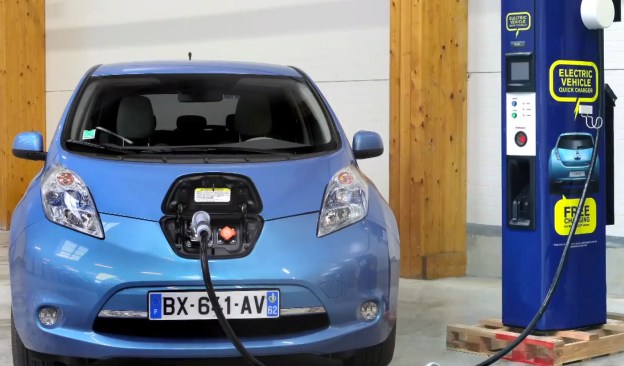
Congress is preparing House and Senate parking garages for electric vehicle charge stations, pursuant to a bill passed last August.
If you’re wondering if these chargers will be free of, well, charge for congressmen, the answer is ‘no.’ Both Senate and House members will have to pay for these EV and plug-in hybrid chargers. They’ll be offered two plans: $8 per day or $27 per month, according to a Roll Call report.
The monthly or daily charges are base upon the assumption that the electrically powered vehicles will plug in for 8.5 hours per day and will be used to repay the cost of the $1000 chargers over the next ten years.
The plan isn’t a slam-dunk, however. Senator John McCain of Arizona has voiced concern over the plan, suggesting the plan is a waste of money and that it’s a perk average Americans cannot enjoy. Clearly, McCain has forgotten the Department of Energy’s “EV Everywhere” program, which brings a similar program to the public.
We’re excited to see Congress put its cars where its mouth is. We don’t yet know how many Congressional members will utilize these chargers. We’ll just have to wait and see.
If they love America as much as they claim to, however, they’d be wise to drive Chevrolet Volts to work. Just saying.
Editors' Recommendations
- Mercedes EV charging hubs are coming to North America by the end of the decade
- Chevy will pay charging-station installation costs for 2022 Bolt EV buyers
- Google Maps makes it easier to find EV charging stations via plug type
- Honda joins GM, Mercedes, Toyota in self-driving group
- Most people want to keep their cars away from full self-driving, study says


